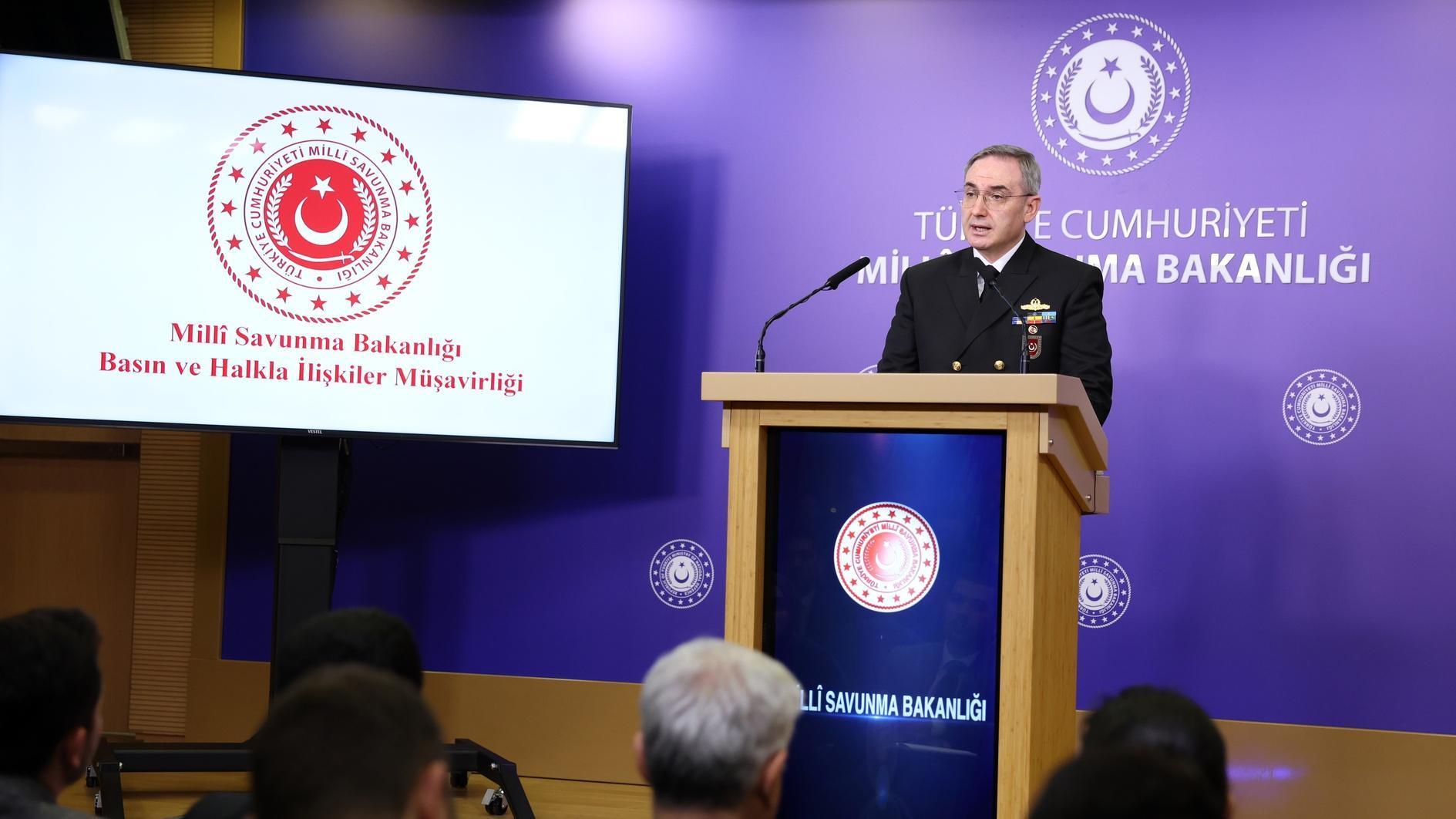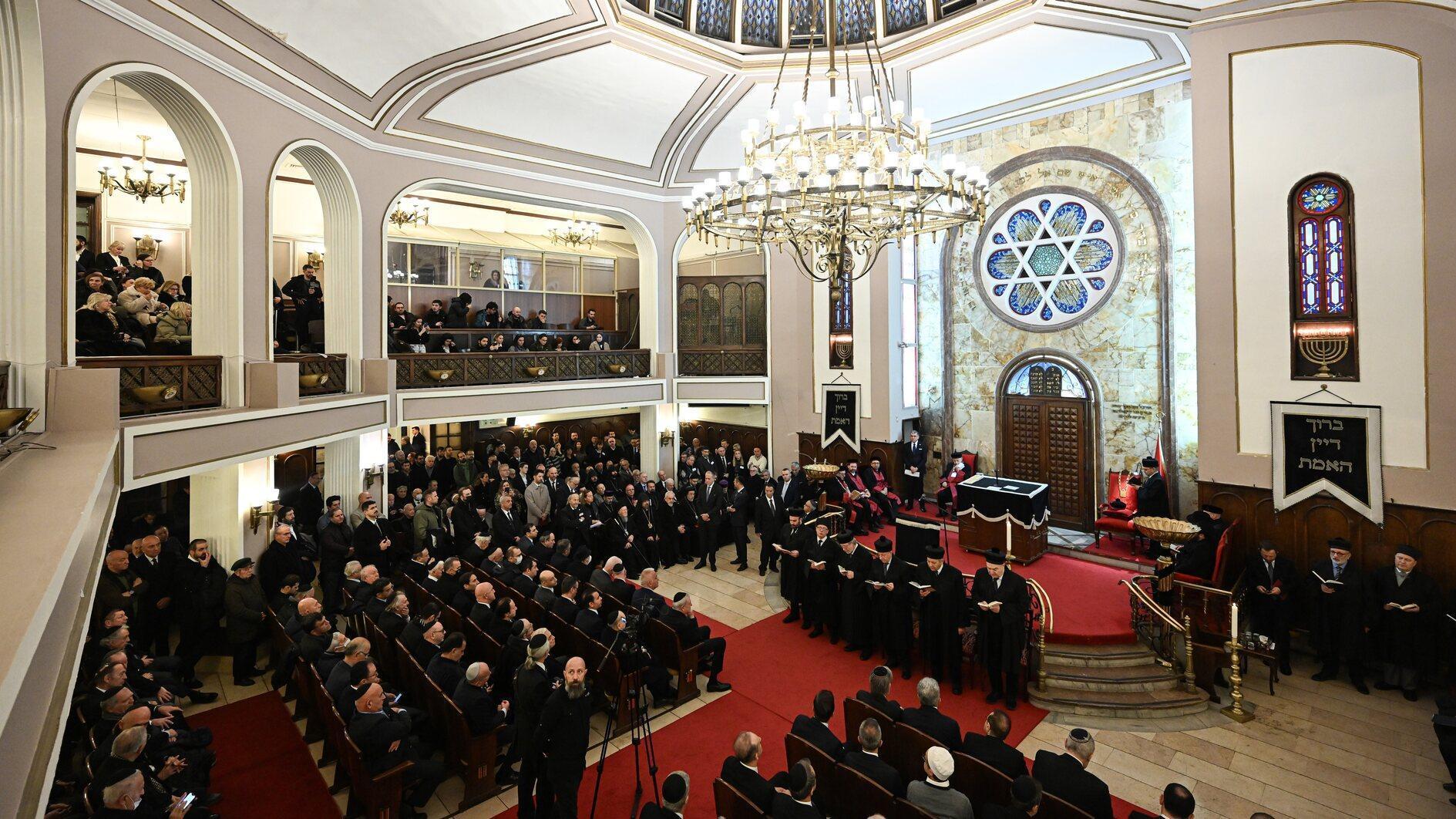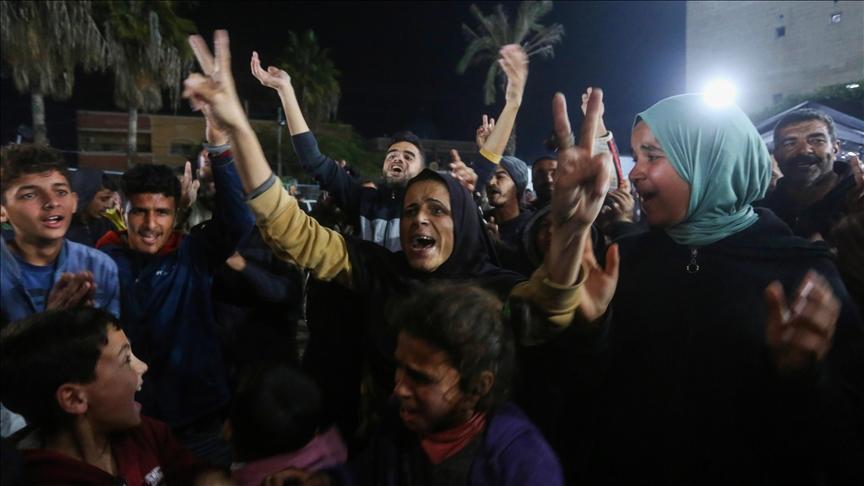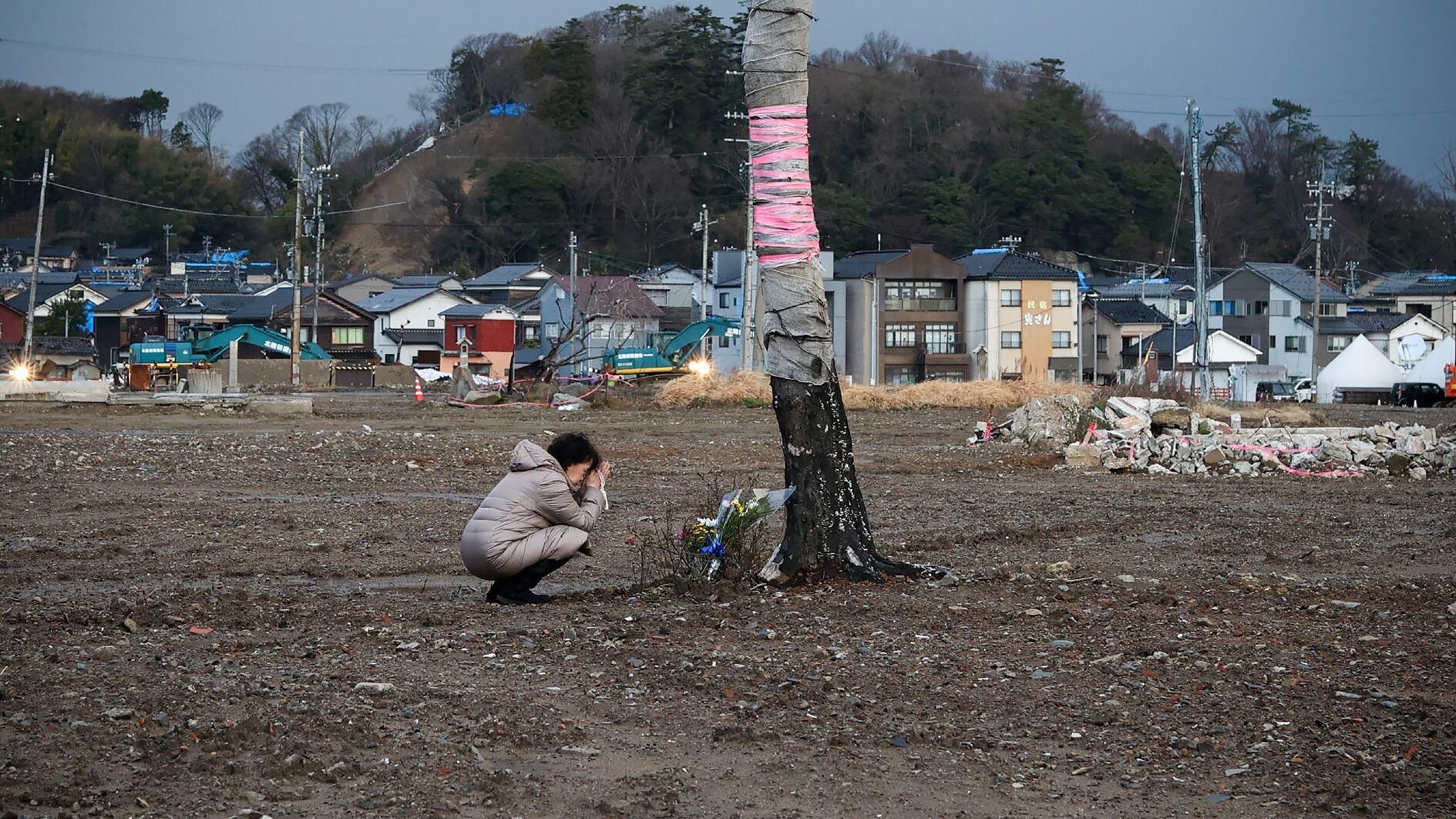Colombia, rebels agree revised peace deal to end 52-year war
HAVANA/BOGOTA – Reuters
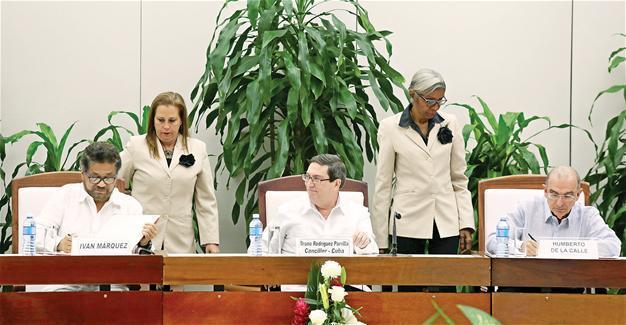 The Colombian government and the Marxist FARC rebels said on Nov. 12 they agreed on a revised peace deal to end a 52-year war, six weeks after the original was narrowly rejected in a referendum amid objections it was too favorable to the rebels.
The Colombian government and the Marxist FARC rebels said on Nov. 12 they agreed on a revised peace deal to end a 52-year war, six weeks after the original was narrowly rejected in a referendum amid objections it was too favorable to the rebels. The government and Revolutionary Armed Forces of Colombia, which have been holding talks in Havana for four years, said they had incorporated proposals from the opposition, religious leaders and others.
Colombian President Juan Manuel Santos hopes to unite the divided nation behind the new deal after the peace process was endangered by its rejection in the October plebiscite. Colombian voters were deeply split, with many worried the FARC would not be punished for crimes and others hopeful the deal would cement an end to violence.
“We call upon all Colombia and the international community... to back this new accord and its quick implementation so as to leave the tragedy of war in the past,” the two sides said in a statement. “Peace cannot wait anymore.”
Copies of the new accord were set to be made public from Nov. 13 onwards. The government has not addressed holding a second plebiscite to approve the deal, though some opposition figures were already demanding one via Twitter.
The new deal will not modify a controversial part of the accord that gives the FARC 10 congressional seats through 2026 or prevent rebel leaders from eventually being elected to political posts.
However, the accord will not be integrated into Colombia’s constitution and the FARC will be required to present a complete inventory of its assets, which are destined for victim compensation, Santos said in a televised address.
The modified accord also takes foreign magistrates off special peace tribunals, although there will be foreign observers, and stipulates the FARC must turn in exhaustive information about its involvement in the drug trade.
The new deal limits the work of the special tribunals to 10 years and requires any investigations be opened within the first two years.
A key concern among those who voted “no” on the initial deal is that convicted rebels will not serve jail time and will instead remove land mines and do other reparations work.
It seemed unlikely modifications would include prison time, but Santos said the deal would ensure FARC fighters sentenced by the special court will be restricted to certain areas, living arrangements and work hours.


